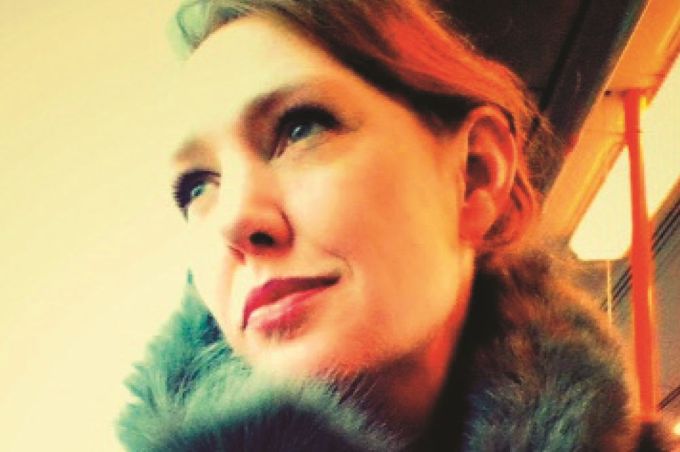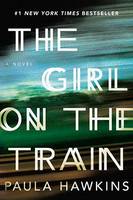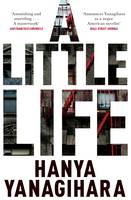There has been a few bewitching moments in my saga of getting to this year's Auckland Writers Festival and it seems like the magic hasn't ceased. On the contrary, it revealed its presence the moment I walked into Aotea Centre, buzzing with electric atmosphere and a lot of funky dressed cats of eclectic ages.
While waiting on my first session, I struck up a conversation with a girl sitting across the table. I normally wouldn't do that. But a part of this festival are also booky chats with random strangers. Bubbling with excitement. There is so much you want to say. To a stranger.
It turns out that Anita, my random stranger, threw out TV a couple of months ago and now she reads much more. She has no family, no children, she is independent. She lives a different kind of adulthood. We talk about it. How we are trapped in the idea of a certain path we need to take, when we are adults. How and with whom we are supposed to live. I like her. I tell her I am attending Hanya Yanagihara session. She likes the sound of it and buys the ticket.
It turns out that Hanya Yanagihara, the author of the most talked book of the year, A little life, also leads a different life of an adult and this experience reflects greatly in her book. Her main characters don't fit into the model of the nuclear family, the institution of modern age, and don't or are not able to follow the American dream of success. Instead they nurture friendship, which in Hanya's opinion is as important as marriage or parenthood, because its nature is expansive and opened.
Just half an hour later the same stage is taken by quite a different kind of presence: Paula Hawkins, the author of last years domestic noir hit, The girl on the train. Quite shy and rather taciturn about herself, Paula also lives a different kind of adulthood.
Despite not being a mother, her very clear understanding of motherhood but also the natural impossibility of motherhood finds articulation in the voices of her female characters. Train journeys in her story are actually glimpses into the variety of adulthoods.
But independence does not come without a price. Both Hanya's and Paula's writing processes were also mentally and emotionally extremely demanding. Hanya wrote her book in 18 month, writing every single evening and weekend while maintaining her usual job as an editor. Paula had to finish her story in 6 month and to be able to do that, she had to borrow money of her father to bridge that gap of financial instability. One can feel the angst and struggle they both went through to get their work finished.
Sounds frightening and painful? Yes! But stories need to be told. For Hanya the need was urgent and very personal. Was it worth it? Yes! Absolutely. The work of art should change how you see the world and your place in it.
I left sessions somehow grounded and wondered if I did not overestimate the role of magic in this saga. Maybe I should just blame it on the geist of our time. And what a time it is! After all, it's not an era of a room of one's own (as Virginia Woolf would put it), but much bigger and still expanding.
Find out more
- Listen to Hanya talk about her book on Radio NZ.
- Read more about Paula's writing journey.
- Find out more about the Auckland Writers Festival 2016
- Browse all our Auckland Writers Festival posts
- Read Masha, Moata and Roberta’s Auckland Writers Festival 2016 recommended booklist
- See photos from the festival






Add a comment to: Different kinds of adulthoods – Hanya Yanagihara and Paula Hawkins at the Auckland Writers Festival 2016